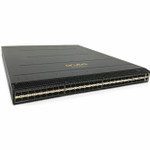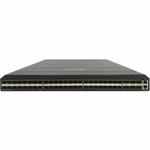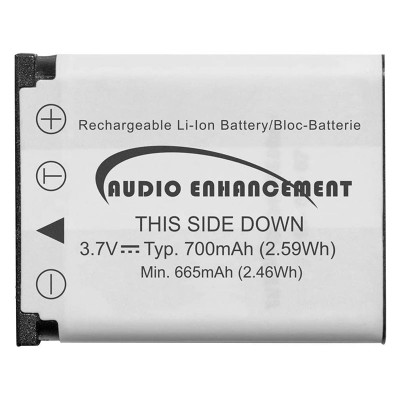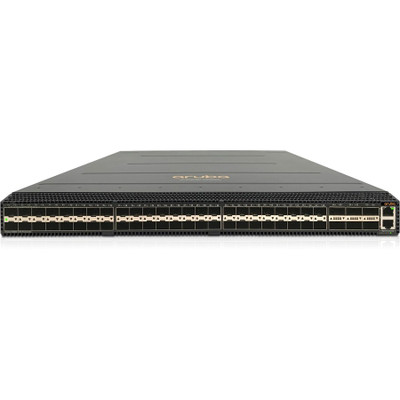HPE Aruba Networking CX 10000 Series Switch delivers a flexible and innovative approach to address the security performance, agility, and scalability demands of both traditional enterprise data centers and emerging distributed, edge and co-located "Centers of Data". The switch helps network and security administrators distribute intelligence to the data center network-server edge, overcoming legacy network and security design limitations that often require overly complex, highly inefficient, and costly architectures designed to address decades old requirement. The switch combines the best-of-breed network operating system, Aruba AOS-CX, for data center, campus, and edge in addition to the fully programmable AMD Pensando DPU. This allows the CX 10000 to deliver stateful software-defined services inline, at scale, with wire-rate performance and orders of magnitude scale and performance improvements over traditional L2/3 switches at a fraction of their TCO. The switch allows operators to extend industry standard leaf-spine networking with distributed stateful segmentation, east-west firewalling, NAT, encryption, and telemetry services-all delivered inline, all the time, on every access port, closer to where critical enterprise applications run. The switches distributed services architecture is agnostic of network deployment architecture. This allows the flexibility to enable stateful services delivery, when deployed as access, leaf Top of Rack (ToR), or End of Row (EoR) in a datacenter, and potentially in the aggregation layer in campus or edge data center designs. The switches offers 3.6Tbps of line-rate switching capacity with interface configurations supporting 1/10/25GbE (SFP/ SFP+/SFP28) and 40/100GbE (QSFP+/QSFP28) connectivity, in a compact 1U form factor. Consequently, offer a fantastic investment for customers migrating from older 1GbE/10GbE to faster 25GbE, or from 10GbE/40GbE to 100GbE ports
PRODUCT DIFFERENTIATORS | AOS-CX-A modern software system
The switch is based on AOS-CX, a modern, database-driven operating system that automates and simplifies many critical and complex network tasks. A built-in time series database enables customers and developers to utilize software scripts for historical troubleshooting, as well as past trends analysis. This helps predict and avoid future problems due to scale, security, and performance bottlenecks. AOS-CX operating system features are organized into Aruba CX Foundation and Aruba CX Advanced software licenses. Every Aruba CX switch includes an active, perpetual AOS-CX Foundation license at no additional cost with the option to upgrade to an CX Advanced license. The CX Foundation license has everything needed to deploy, connect, and troubleshoot an enterprise network, including:
- Aruba Network Analytics Engine (NAE)
- Dynamic Segmentation
- Switch Stacking
- High Availability and Resiliency
- Quality of Service (QoS)
- Layer 2 Switching
- Layer 3 Services and Routing
- IP Multicast
- Network Security
- Support for Aruba NetEdit
The switch requires an additional Aruba CX Advanced license to extend the CX Foundation network features with distributed, accelerated stateful firewall, pervasive telemetry services, and visibility and assurance with CX Edge Insights.The switch can further be upgraded with the Aruba CX Premium license that includes all CX Foundation and Advanced functionality and adds accelerated IPSec VPN Encryption, NAT, and additional network and security services at a future date.
- Ethernet Switch ensures productivity by providing an efficient, hassle-free connection
- Built-in power supply to ensure all components are being supplied with accurate voltage
- Supports layer 3 switching for enhanced performance and usability
- Rack-mountable form factor allows hassle-free and easy usage with increased efficiency
- Managed switch provides a reliable foundation for your network
- 25 Gigabit Ethernet Ethernet technology for a reliable, convenient way of communication and connectivity
- Supports optical fiber cable to span longer distances and provided high data transmission rates between servers and network components






































